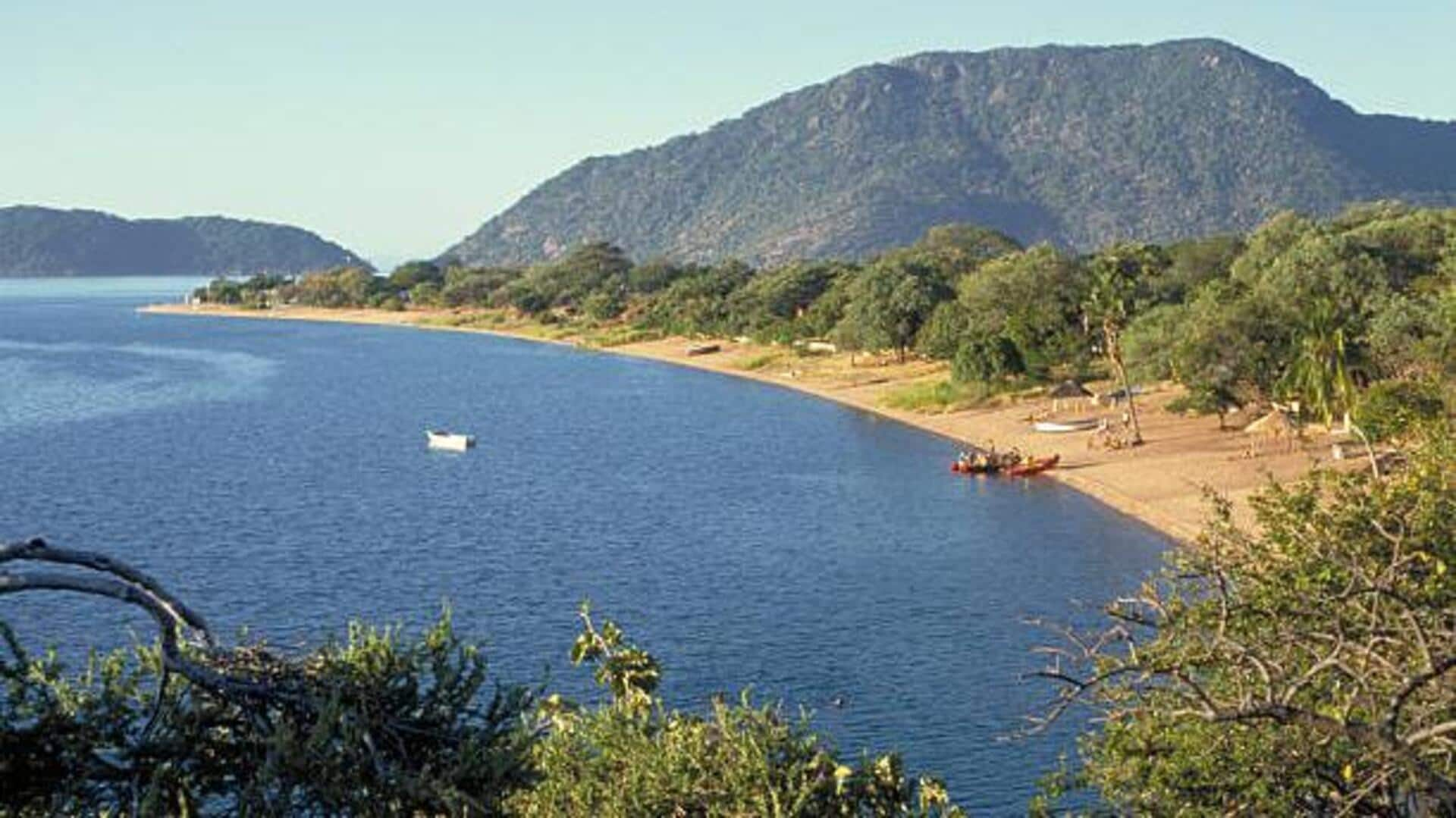
Africa's most amazing landlocked lakes: A list
What's the story
Africa is home to some of the world's most amazing landlocked lakes, each offering some of the most unique underwater adventures. These lakes, which are often overshadowed by coastal attractions, are hiding some of the coolest treasures beneath their surfaces. From colorful aquatic life to ancient geological formations, these bodies of water provide a fascinating glimpse into the continent's natural wonders.
Aquatic life
Lake Malawi's colorful cichlids
Lake Malawi is famous for its cichlid population. The colorful fishes are exclusive to our planet and are one of the main attractions for divers and snorkelers. With over 1,000 species living in the lake, you get a once-in-a-lifetime chance to see them in their natural habitat. The crystal clear waters give you great visibility to enjoy the vibrant colors and behavior of these unique fishes.
Geological wonders
Tanganyika's ancient waters
Being one of the oldest freshwater lakes in the world, it is believed to be around 9 million years old, Lake Tanganyika's ancient waters are filled with a variety of endemic species and unique geological formations. Underwater cliffs and rock formations shaped over millennia would be an incredible sight for divers. The depth of the lake also offers the opportunity to discover new species adapted to it.
Historical finds
Victoria's hidden shipwrecks
Not only is Lake Victoria Africa's largest lake, but it is also a treasure trove of history lying underneath. Many shipwrecks from different eras rest at the bottom of the massive lake, providing fascinating exploration opportunities for divers looking for a taste of maritime history. These sunken vessels narrate tales of trade routes and historical events that molded the region's past.
Biodiversity hotspots
Rift Valley lakes' unique ecosystems
The Rift Valley Lakes are famous for their unique ecosystems supporting flora and fauna that aren't found anywhere else on Earth. Since every lake has its own unique environment (due to differences in altitude, salinity level, and surrounding geology), they make for perfect sites to study evolutionary processes, as well as enjoy recreational activities such as snorkeling or diving among rare aquatic plants and animals.